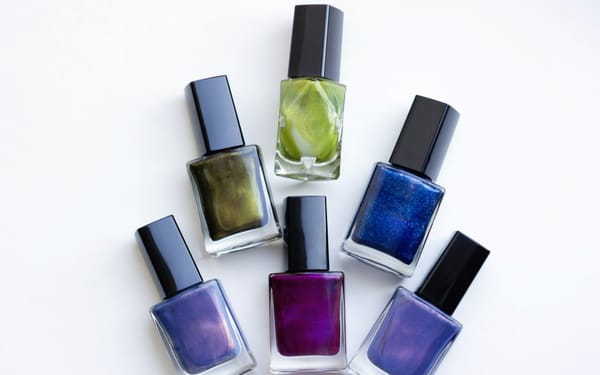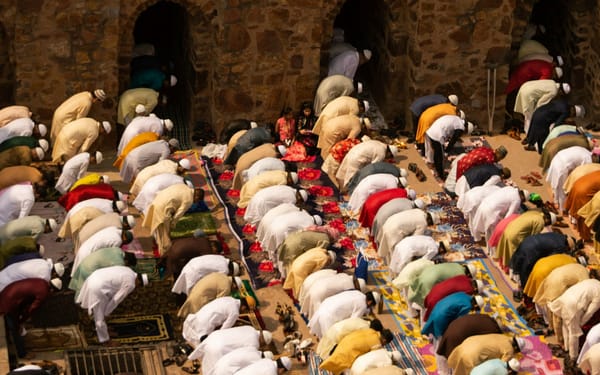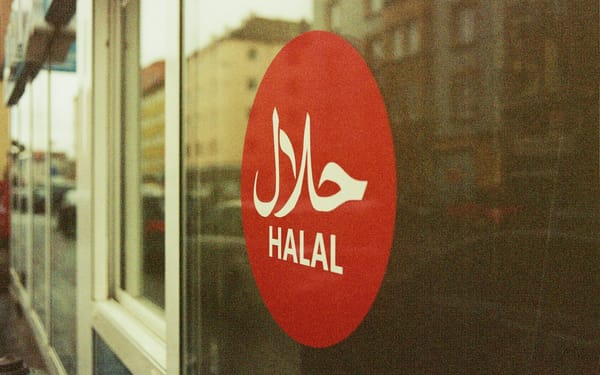How To Spend the First 10 Days of Dhul Hijjah
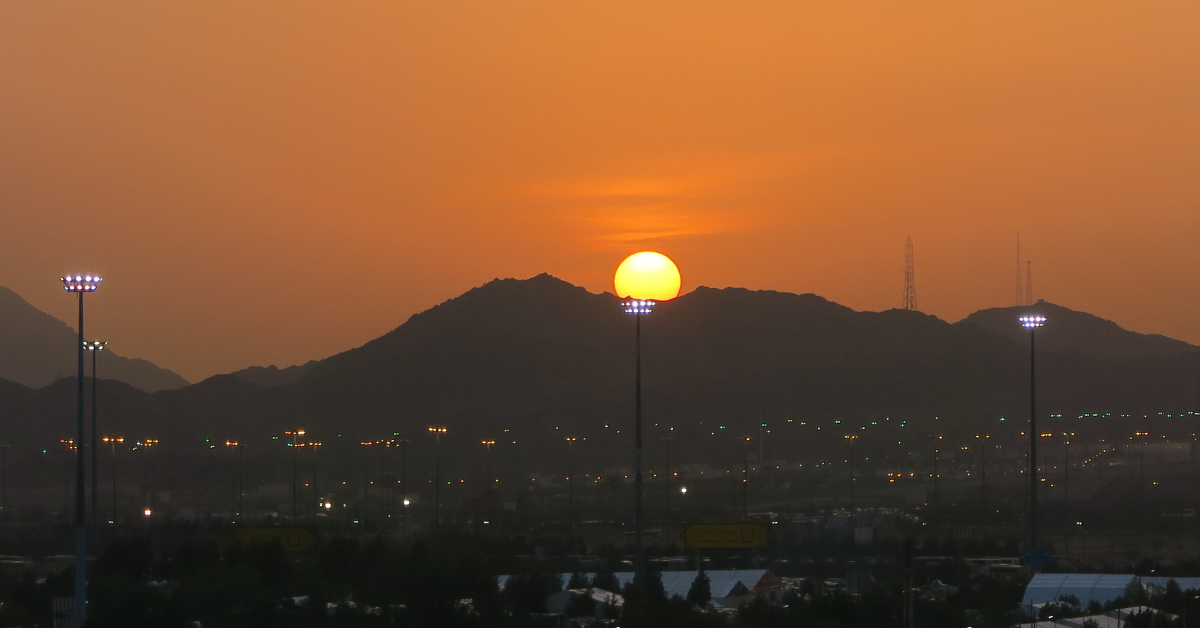
As Muslims, we make numerous preparations for the month of Ramadan, it was reported that many companions during the Prophet Mohammed’s (PBUH) time would start preparing for the upcoming Ramadan right after the previous Ramadan, basically a whole year in preparation mentally and spiritually.
Similarly, the prophet’s companions during Dhul Hijjah would spend their time in supplication and prayer to Allah (SWT). While Ramadan has become somewhat of a blockbuster holiday globally, not much emphasis is had on the month of Dhul Hijjah. For those that plan to go to Hajj, there is a lot to prepare for logistically and more importantly spiritually.
There are countless hadith and Quran verses swear by the blessedness of this month, especially the first 10 Days. So, how can we take advantage of these sacred days even if we are not able to go to Hajj? Of course you can, this article will get into detail some of the recommended sunnah actions from the Prophet (PBUH)
The first ten days of Dhul Hijjah is another Bonus that Allah (SWT) bestows upon us - which is beneficial if we make judicial use of it. Similar to the last ten nights of Ramadan, it's advisable to strengthen your bond with Allah (SWT) during these days. Additionally, Hajj is one of the five pillar of Islam, which we must observe if we have the means physically and financially.
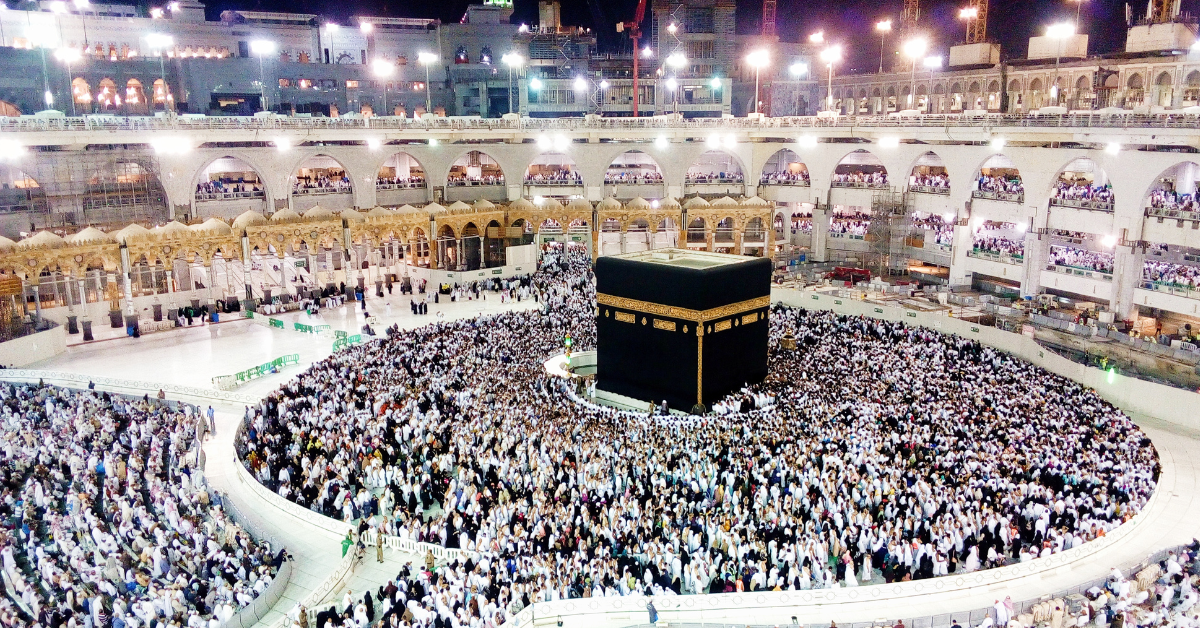
The Prophet (saw) said, 'There are no days in which righteous deeds are more beloved to Allah than in these (ten) days. [Abu Dawud]
These ten days are a great opportunity to seek Allah’s (SWT) forgiveness and perform good deeds. We listed below the sunnah activities the prophet performed during these first ten days along with their reward.
Things to do during the first ten days of Dhul Hijjah
Fasting
The Prophet (SAW) used to fast on the first nine days of Dhul Hijjah, the day of Ashura, three days each month, the first Monday of the month, and two Thursdays." [Abu Dawood].
The Hadith shows that it's Sunnah to Fast on the first nine days of Dhul Hijjah. Fasting in Islam is a chance for repentance and Allah’s (SWT) forgiveness. Fasting during these first 10 Days offers a great opportunity for you to get rewarded for your acts of worship while also seeking forgiveness for your sins. However, if you can't fast for this duration, try to fast on the day of Arafat. Those who fast on this day will receive forgiveness from the previous year’s sins as well as the following year.
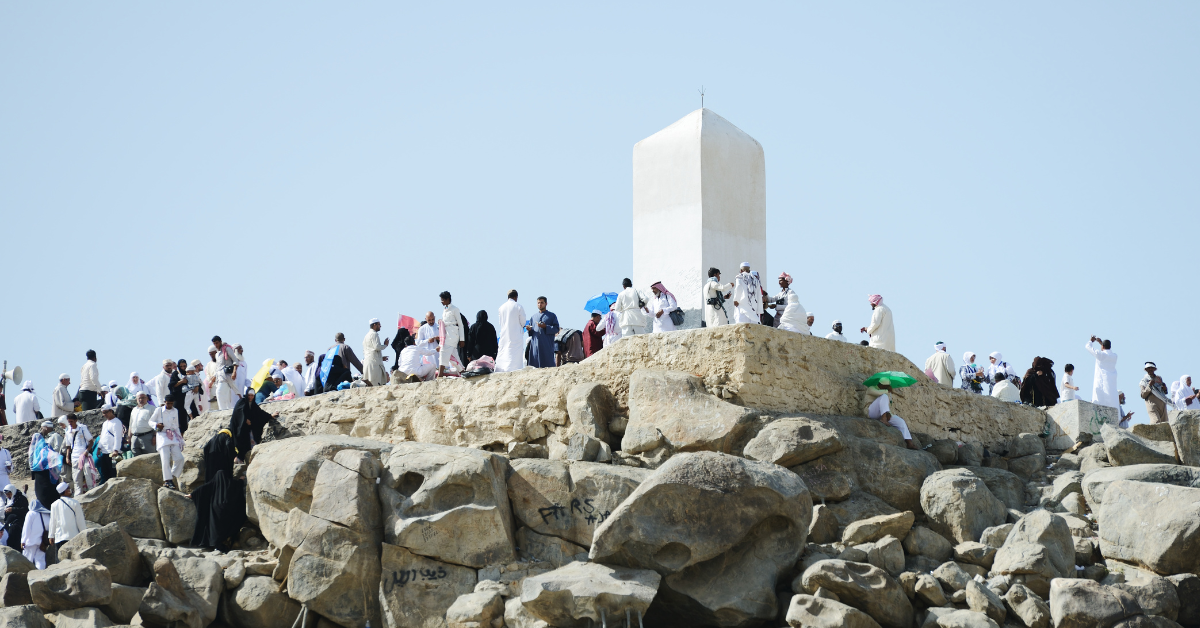
The Messenger of Allah (PBUH) was asked about the observance of fasting on the day of Arafah. He said, "it expiates the sins of the preceding year and the coming year ."[Muslim]
Please note that fasting on the day of Arafat is NOT recommended for Hujaaj (people performing Hajj). More on that later.
Dhikr (Remembrance of Allah)
Dhikr (remembrance of Allah) is an easy way to keep your tongue pure while keeping Allah (SWT) on the forefront of your mind. Recite the Tahleel( Laa ilaha ill-Allah), Takbir (Allahu Akbar), and Tahmeed (Alhamdulillah) through these significant days.
The Prophet (SAW) said: "There are no days that are greater before Allah (SWT) or in which good deeds are more beloved to Him than these 10 days, so recite a great deal of Tahleel, Takbeer and Tahmeed." [Ahmad]
Dhikr is a supreme act of worship and the declaration of your love and respect for Allah (SWT). Talking to the Almighty via Dua makes you closer to Him especially during times where you are not faced with hardship or calamities.
Quran Recitation
The Prophet (PBUH) said: Whoever reads a letter from the book of Allah (SWT), he will have a reward. And that reward will be multiplied by 10. I am not saying that Alif, Laam, Meem is a letter; instead, I am saying that "Alif" is a letter, "laam" is a letter, and "meem" is a letter." [Tirmidhi]
Reciting from the Quran is a great way to amass rewards, the letters from the Holy book serve as good deeds which you can accumulate during these beautiful days of Dhul Hijjah. Tip: You can create a strong bond with the Quran by setting a dedicated time to read and ponder the meanings even if you have a busy schedule. As seen in the hadiths, these ten days of Dhul Hijjah are precious to Allah (SWT), so what better way to show your love than reading the Quran? You get rewards for doing this deed.
Hajj & Umrah
Visiting the House of Allah is obligatory worship for Muslims with the resources (money, good health, and time). This rewardable worship is done in the month of Dhul Hijjah, and it's one of the best deeds you can perform.
An accepted Hajj brings no less a reward than Paradise." (Al-Bukhari and Muslim)
Qurbani (Sacrifice)
The sacrifice happens on the 10th, 11th, and 12th day of Dhul Hijjah after the Eid prayer. It's the sacrifice of a livestock animal to celebrate Eid-ul-Adha. The sacrifice is a Sunnatic action of Prophet Ibrahim(peace be upon him) and a means of obeying Allah (SWT).
It is not their meat nor their blood that reaches Allāh. It is their piety that reaches Allāh. ( Quran 22:37)
Ensure you do it with a good heart and share it with your neighbor and family. Whether you choose to sacrifice livestock yourself or donate through the numerous global qurbani campaigns, your intention is key. May Allah accept from all of us.
Things NOT to do during the first ten days of Dhul Hijjah
Don’t cut/trim your hair or nails
During the first ten days of Dhul Hijjah, one who wants to offer a sacrifice must not remove anything from his skin - either hair or nails. The prohibition starts from the first day of Dhul Hijjah till the sacrifice offering.
Prophet Muhammad (peace be upon him) said; By "When you see the new moon of Dhul-Hijjah, if any one of you wants to offer a sacrifice, then he should stop cutting his hair and nails until he has offered his sacrifice." (Muslim)
For those than intentionally or willingly cut their hair and trim their nails, it’s advised to seek Allah’s forgiveness and moving forward stay mindful to this.
As with anything in life, if there is a justifiable reason such as injury or a health condition that requires you to cut your hair or trim your nails, then inshAllah it will not be held against you. The deen is meant to bring ease to our lives and not hardship.
Fasting on the day of Arafah
Fasting on this wondrous day is not recommended for people performing the Hajj rituals. Going to Mount Arafat is exhausting enough. You may still choose to fast if you would like but it is not recommended.
Maymoonah (may Allah be pleased with her), in a report, said that “the people were not sure whether the Prophet (PBUH) was fasting on the day of Arafat, so she sent him some milk when he was standing in Arafat and he drank it while the people were looking on.” (Saheeh al-Bukhaari).
Bottom line
The first ten days of Dhul Hijjah are one of many bonuses Allah (SWT) gave this ummah. It's an opportunity to get closer to Him and establish a stronger relationship. There are many actions we can do during these precious days. Whether on a spiritual retreat in the House of Allah or at home, strive to make judicious use of these days and let them not pass you.



